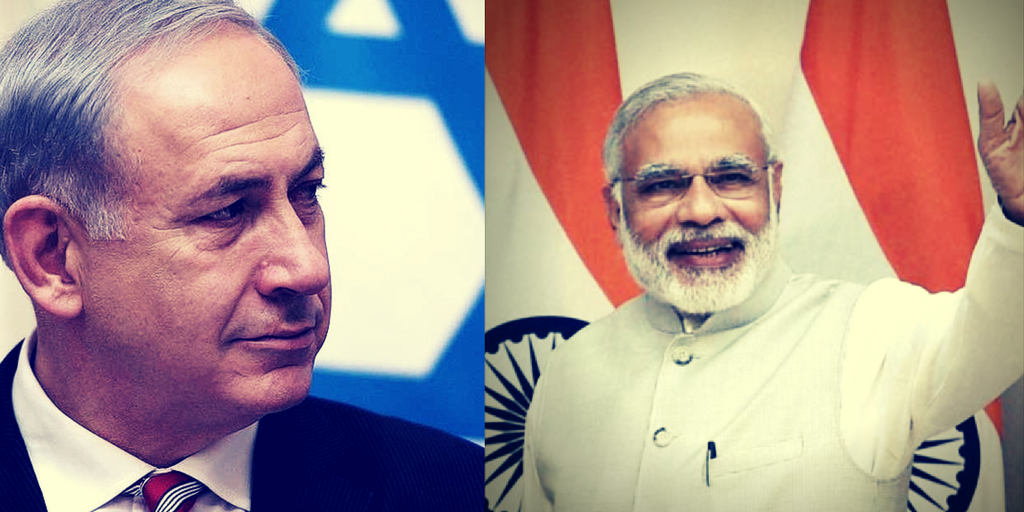With all of the focus on President Trump’s new Afghanistan policy, the other sections of the speech given Monday hold within them a major shift in policy in Asia.
President Trump said the following:
“The next pillar of our new strategy is to change the approach in how to deal with Pakistan. We can no longer be silent about Pakistan’s safe havens for terrorist organizations, the Taliban, and other groups that pose a threat to the region and beyond.”
“Pakistan has much to gain from partnering with our effort in Afghanistan. It has much to lose by continuing to harbor criminals and terrorists. In the past, Pakistan has been a valued partner. Our militaries have worked together against common enemies. The Pakistani people have suffered greatly from terrorism and extremism. We recognize those contributions and those sacrifices, but Pakistan has also sheltered the same organizations that try every single day to kill our people. We have been paying Pakistan billions and billions of dollars, at the same time they are housing the same terrorists that we are fighting. But that will have to change. And that will change immediately.”
Then Trump spoke about India, as if to indicate America’s intention to shift away from Pakistan to India.
“Another critical part of the South Asia strategy or America is to further develop its strategic partnership with India, the world’s largest democracy and a key security and economic harbor of the United States. We appreciate India’s important contributions to stability in Afghanistan, but India makes billions of dollars in trade with the United States, and we want them to help us more with Afghanistan, especially in the area of economic assistance and development. We are committed to pursuing our shared objectives for peace and security in South Asia and the broader Indo-Pacific region.”
This is seismic. In one speech, Trump realigns US foreign policy away from Pakistan and towards an ascending India. Furthermore, India is essentially dealing with the same threats as America. Both countries face a growing threat in China and of course India and the US are direct targets of radical Islamic terror, much of it grown in Shiite dominated Pakistan.
The fact that China and Pakistan have a growing partnership underscores the need for the US to recalibrate its approach in both Central and East Asia. India affords Trump the possibility to create a new order in Asia. One that is not built around propping up despotic or corrupt governments that have a revolving door policy on radical Islamic terrorists.
Trump’s firm outreach to India instantly changes the nature of the game with China. The skirmishes with Chinese forces in Bhutan may seem like a prelude to the next war, but in reality Modi’s firm stance and now Trump’s clear backing will act as a deterrent.
Look for Israeli technology, especially in the UAV sector to become a critical part in monitoring China’s actions in the Himalayas. It is no accident that the three countries, USA, India and Israel share many of the same threats and have begun to build an alliance to push back on them.
Trump’s recognition that India’s position in the region can be utilized to dissuade China from making any destabilizing moves is important. Furthermore, the most important part of this shift is the ending of what has been a presidential strategy spanning both Bush and Obama in partnering with Pakistan against terror and the Taliban.
The growing Israel, India, and US alliance may be a game changer in Asia. With threats on the Indian sub-continent growing daily, this alliance is key to safeguarding its peace and security.







